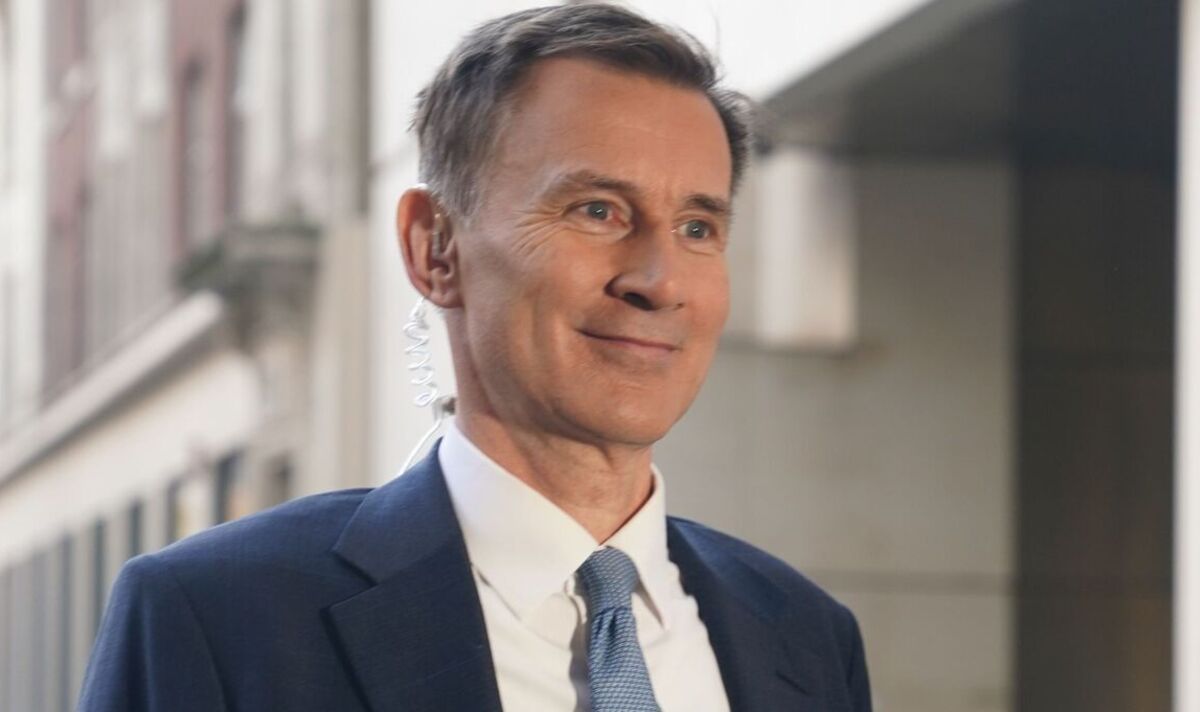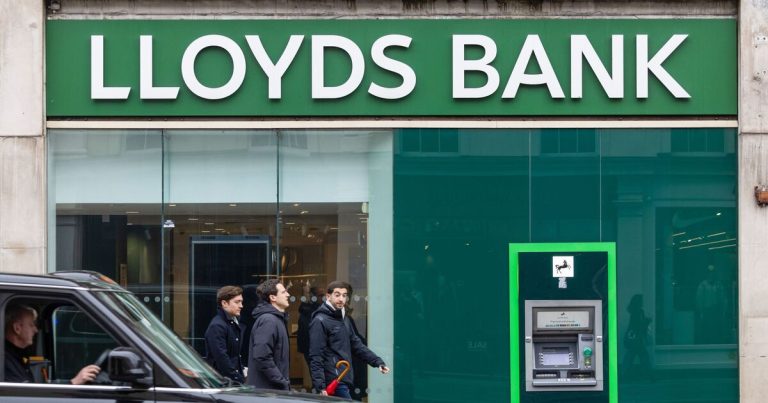
Chancellor Jeremy Hunt is expected to cut National Insurance for millions of workers in his Autumn Statement on Wednesday.
Mr Hunt is also expected to announce business tax cuts as well as measures to boost business investment by £20billion in a year in a vow to “get Britain growing”.
This comes as the Institute of Fiscal Studies (IFS) says tax levels in the UK are at their highest point since records began 70 years ago.
It is not currently clear by how much the Chancellor intends to cut the level or thresholds of National Insurance, but a one percent reduction would cost the Government around £5billion and would be worth £380 a year to someone earning more than £50,000, according to The Times.
National Insurance, which contributes towards benefits, the state pension and the NHS, is a percentage of tax a person pays on their wages if they earn more than the current threshold of £12,570 a year. However, a cut in NI will make no difference to those earning anything below this annually, as they are not subject to the tax.
For employees who earn between £12,570 and £50,268, the current NI rate is 12 percent on earnings and two percent on profits above that.
In regard to business tax cuts, the Chancellor is expected to announce that the tax break known as “full expensing” will extend through 2028 to 2029. It was previously meant to expire in 2026. Some officials have described the move as one of “biggest business tax cuts in modern British history”.
The policy enables companies to deduct spending on investment from profits, which means they pay lower amounts of corporation tax.
However, Sian Steele, head of tax at Evelyn Partners noted that such “big-ticket” moves could mean more “targeted” moves like reducing inheritance tax might be “shunted to the sidings.”
Ms Steele said: “One effect of such a big-ticket move on direct taxation of income could be that more targeted moves like a reduction in inheritance tax for instance might be shunted into the sidings until the Spring Budget or the Conservatives’ election manifesto.
“To announce cuts to a wealth tax as well as income taxes would be something of a handbrake turn from the Chancellor, and – to mix metaphors – the hat is probably not big enough for such a large rabbit.
“Mr Hunt’s newly bullish emphasis on growth as well as inflation does suggest both households and businesses can expect some tangible tax reductions on Wednesday.”
The Chancellor will also be announcing a rise in the National Living Wage, granting all full-time workers a pay rise of over £1,800 a year. Eligibility will also be extended by reducing the age threshold to 21-year-olds for the first time.
Mr Hunt is also planning a benefit crackdown to get hundreds of thousands of people with disabilities and mental health into employment. More people will need to find jobs or face tough sanctions, such as potential benefit cuts.
But mental health charity Mind says the new rules will push more people away from work as it has a devastating impact on their mental health.
In his statement, Mr Hunt is expected to say: “After a global pandemic and energy crisis, we have taken difficult decisions to put our economy back on track. We have supported families with rising bills, cut borrowing and halved inflation.
“The economy has grown. Real incomes have risen. Conservatives know that a dynamic economy depends less on the decisions and diktats of ministers than on the energy and enterprise of the British people.
“The Conservatives will reject big Government, high spending and high tax because we know that leads to less growth, not more.”
The Autumn Statement will be announced around midday on Wednesday, November 22.






